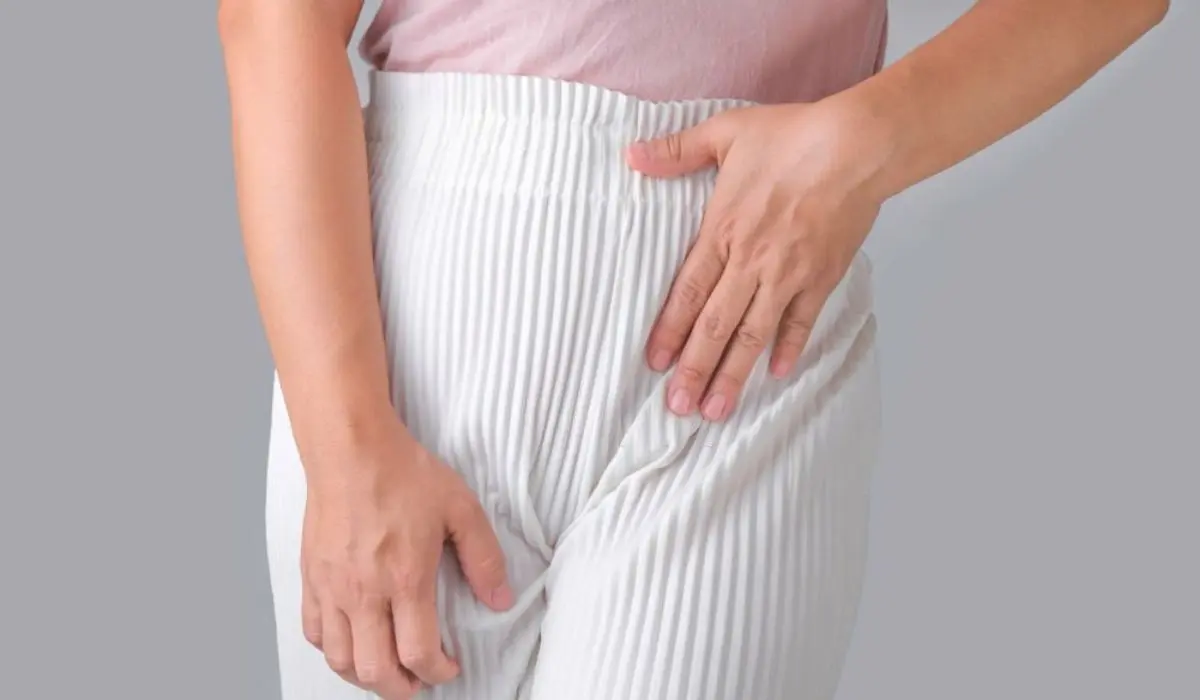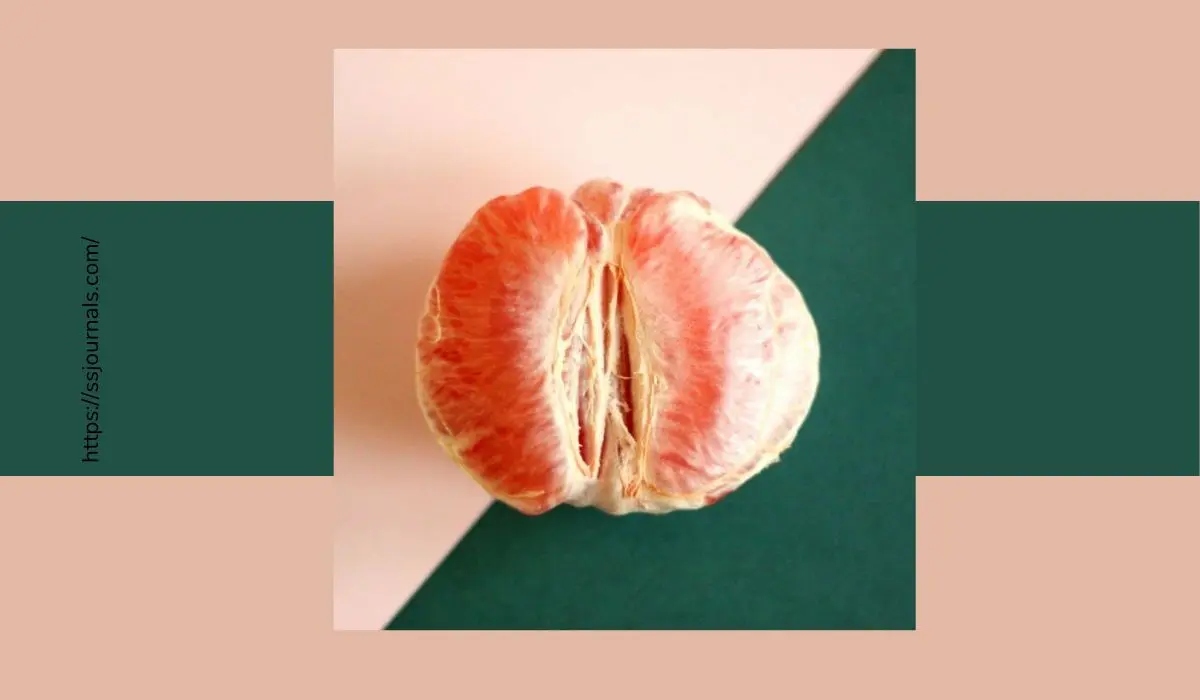Vaginal dryness is a widely unrecognized and underexplored condition that could have a significant impact on women’s general health and living standards. The following article examines an everyday concern that is significant in our daily lives: headaches. It describes reasons and conventional cures as well as some home-made treatments.
What Is Vaginal Dryness?
Vaginal dryness is a condition in which the woman’s vagina does not have the required amount of moisture, so it causes discomfort, may cause pain, and may potentially lead to other health problems. It can occur at all ages but often appears most commonly during the period of menopause, where hormonal changes become central.

However, the hormonal swing is usually linked to a drop in estrogen levels, hence the uneasiness experienced by these women. This is because estrogen helps keep the vaginal tissues healthy and enhances lubrication. This may lead to the drying up of vaginal walls due to lower levels of estrogen and reduced natural moisture production.
This thorough investigation exposes the root reasons behind the occurrence of vaginal dryness and entails an examination of traditional treatments, which include hormone replacement therapy (HRT, lubricants included) and non-invasive alternatives. Knowing about these helps one make wise decisions about their health, thereby improving their overall well-being in general.
Causes Of Vaginal Dryness
Hormonal Rollercoaster
You know hormones—they’re like the conductors of our body’s symphony. When estrogen takes a dip, especially during menopause, it can mess with the vaginal tissue, making it thinner and less moist.
Medication Side Effects
Some medicines, like allergy pills, antidepressants, and blood pressure meds, can be sneaky contributors to dryness down there. Always a good idea to check with your doctor if you’re unsure.
Stress
Your emotions can have a say in this matter too. Stress and anxiety can throw hormones out of whack, potentially leading to less moisture where you need it.
Postpartum Play
If you’re breastfeeding, estrogen tends to take a back seat. It’s a temporary situation, though, and usually sorts itself out once breastfeeding wraps up.
Conventional Treatments For Vaginal Dryness
Hormone Replacement Therapy (HRT)
Hormone Replacement Therapy (HRT) is like a superhero cape for some women. It involves giving estrogen a boost to ease symptoms. But, of course, it’s a decision that needs a chat with your healthcare sidekick due to potential risks.
Direct Estrogen Boost
For a more focused approach, there are creams or suppositories with estrogen that you apply directly to the vagina. It’s like sending reinforcements to the frontline.
Lubricants and moisturizers
Lubricants and moisturizers are the everyday heroes. They’re available without a prescription and can bring quick relief. Water-based ones are a good go-to, and they play well with most condoms.
Vaginal Dilators
When dryness leads to discomfort during intimacy, vaginal dilators can be the gentle giants. They help stretch things out gradually, making things more comfortable.
Natural Remedies
Hydration and Good Eats
Water is your friend! After all, water supports all your body’s moisture needs in quite an easy manner. , in addition to that, you can bring some extra love by consuming some omega-3-rich foods such as flaxseeds and fatty fish.
Pelvic Love Workouts
Kegel exercises aren’t just for giggles. They strengthen the pelvic floor and can enhance blood flow, which is good news for your vaginal health.
Herbal Allies
Some herbs, like black cohosh and red clover, have a reputation for estrogen-like effects. But, a word of caution—always check with your healthcare guide before diving into the herbal jungle.
Gentle Choices
Be kind to your lady parts. Skip the scented soaps and douches—they can be troublemakers. Opt for gentle, fragrance-free products to keep the balance down there.
Conclusion
A discussion on the subtleties surrounding vaginal dryness is inevitable to the rich fabric of women’s health and therefore becomes a fundamental aspect to consider. Going through the maze of hormonal upheavals and venturing into territories of conventional intervention or subscribing to the tenets of natural remedies all lead to an exquisite blend that is based on knowledgeable choices.
While vaginal dryness is prevalent, it is effectively treatable. The first step in having open conversations with healthcare providers is enabling women to construct personalized strategies particular to their particular needs. Conventional approaches, such as the potency of hormone replacement therapy, illustrate powerful solutions, while natural alternatives offer a milder road.
FAQ
1. What is vaginal dryness and its cause?
Dryness of the vagina occurs when there is insufficient lubrication of the vagina, resulting in painful situations and adverse health outcomes. Such a situation typically has hormonal underpinnings; it is mostly about dropping estrogen levels. But many variables, such as drugs, stress, or other factors, are equally at play.
Another main heroine—estrogen, it must be noted—is critical for the preservation of vaginal tissue integrity, as it accounts for moistening. As this occurs, estrogen levels plunge at the menopause stage, thereby resulting in thinning of the vaginal walls and less moisture production, which manifests as vaginal dryness.
Conventional interventions encompass the formidable terrain of Hormone Replacement Therapy (HRT), a juggernaut that elevates estrogen levels. Additionally, topical estrogen therapy, executed through creams or suppositories applied directly to the vaginal precincts, stands as a stalwart ally. Lubricants, moisturizers, and the strategic deployment of vaginal dilators also grace the pantheon of commonly prescribed remedies.
Affirmative, over-the-counter reprieves materialize in the form of water-based lubricants and moisturizers, accessible with ease and adept at furnishing ephemeral relief. These products, generally benign in usage, are crafted to assuage dryness during multifarious activities, including intimate engagements.
Certainly, a gamut of natural remedies holds promise for assuaging this condition. Strategies encompass maintaining optimal hydration, integrating omega-3-rich victuals into one’s dietary regimen, partaking in pelvic floor exercises (commonly known as Kegels), and exploring herbal alternatives such as black cohosh and red clover. Prudent counsel from healthcare professionals is imperative before venturing into the realm of herbal supplements.

